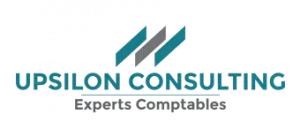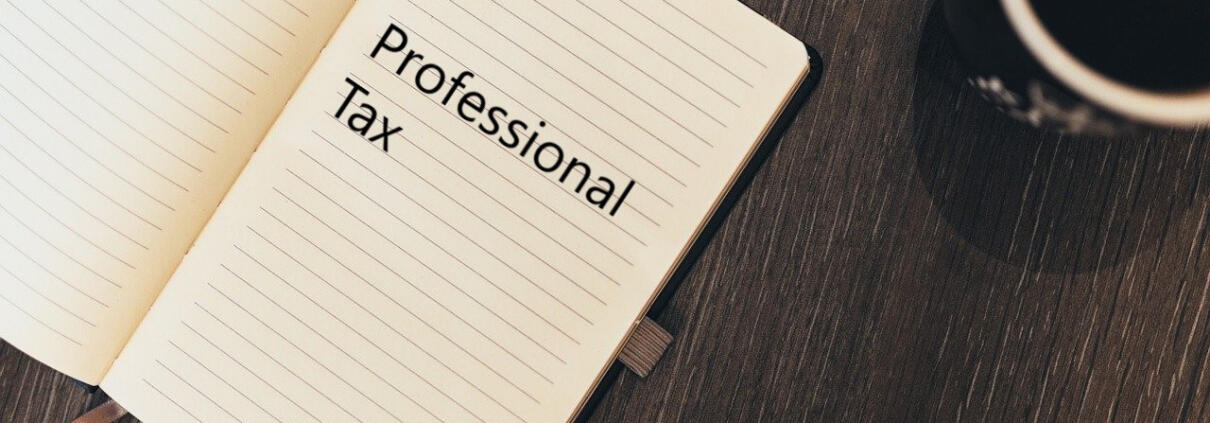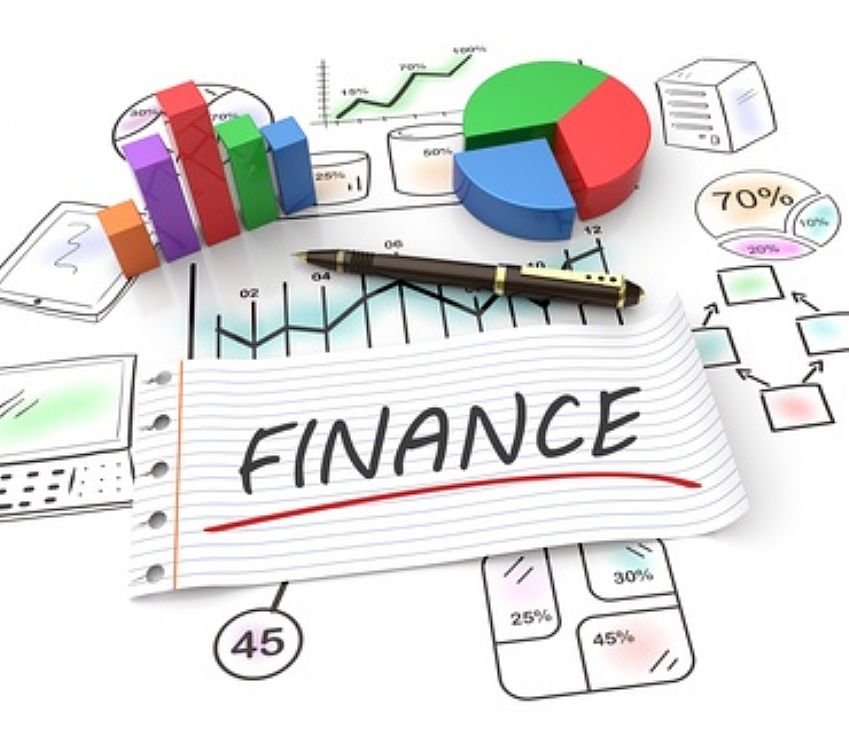Professional Tax in Morocco
The Professional Tax (Taxe Professionnelle, formerly called “Patente“) is a Moroccan local tax payable by all businesses.
Professional tax is applicable to all forms of companies (PLCs, LLCs, Partnerships…) as well as branches.
Professional Tax – Scope of application
First, note that every legal or natural person that carries out a professional activity in Morocco is subject to the professional tax.
In fact, companies are subject to the professional tax regardless of their form. Moreover, even unincorporated funds are subject to professional tax. In this case, the professional tax is issued in the name of the managing body.
Legally, this tax is provided for in the texts on taxes on local collectivities.
Also note that the professional tax is issued by way of an assessment. In other words, the tax administration evaluates the tax due and sends taxpayers a tax notice. Moreover, no penalty can be charged to the taxpayer in the event the tax assessment issued is insufficient.
Is your professional tax optimized ? Contact us
However, taxpayers must submit an annual return of their tax base. As such, they are responsible for the information reported on their declarations. It is not a tax return as such, but more of a summary statement of the elements of the tax base.
Furthermore, the professional tax is based on a classification of professions. Indeed, the administration assigns to each profession a class which determines the tax rate to be applied.
All professions are arranged under three classes: C1, C2 and C3. These classes are determined by the sector inspector when the statement of existence is filed. In general, it is the activities indicated in the corporate purpose that determine this class. (The purpose of a company can be found on its Articles of Association)
To know the class of your activity : Annexe à la loi sur la fiscalité locale
————-
Exemption from the professional tax
Before discussing the modalities of assessment of the professional tax, we will first cover persons, natural and legal alike, that are exempt from said tax.
The professional tax is not applicable in the following cases:
- Persons whose professions are to carry out a public function;
- Agricultural businesses (only for property directly assigned to this operation) ;
- Agricultural water users’ associations;
- Cooperatives and their unions
- Non-Profit Associations;
- Private general education or vocational training institutions ;
- OPCVM, FPCT, OPCR ;
- Real estate developers, for the activities of construction of social housing and university campuses;
- Natural or legal persons holding an exploration permit or a concession to exploit hydrocarbon deposits
- Companies located in free zones ;
- Entities specifically named by law such as:
- la Ligue Nationale de Lutte Contre Les Maladies Cardio-vasculaires
- la Fondation Hassan II pour la lutte contre le cancer
- Université Al Akhawayne d’Ifrane
- Bank Al-Maghrib
- Banque Islamique de Développement (B.I.D.)
- …
Professional tax : tax base
The tax base for the professional tax is the annual gross rental value (under current and normal circumstances) of:
- stores, factories
- Workshops, hangars, sheds, sites
- Warehouses
- All premises, locations and facilities used for taxable business activities.
In general, the professional tax applies to all the assets the company uses for its activity.
Tax base calculation
The professional tax is determined through the rental value of these establishments taken as a whole. In other words, it is necessary to take the premises of exercise provided with all their production equipment. This base also includes rented, owned and leased assets.
In practice, to determine the taxable base for the professional tax, a distinction must be made between :
- First, owned property
- Second, rented property
- And, leased property
Rented property
The tax administration determines the rental value based on rental agreements. However, when the indicated value seems inaccurate, it proceeds either by :
- Comparison (Benchmark)
- Or through direct appreciation
Owned or leased property
Then, for property owned or leased, it is customary that the rental value is estimated at a rate of 3% of the :
- Gross balance sheet value (for owned assets)
- Acquisition value (as stated in the purchase agreement) for leased assets.
Exception: Hotels
The rental value of property allocated to a hotel activity is determined by applying reduced coefficients to the cost price. These coefficients depend on the rental value (RV):
| Coefficient | Rental Value (RV) in MAD |
| 2 % | RV < 3 Million |
| 1.5 % | 3 Million < RV < 6 Million |
| 1.25 % | 6 Million < RV < 12 Million |
| 1 % | 12 Million < RV |
These coefficients are not cumulable with any other reduction of this tax.
Professional Tax: the 50 Million MAD Cap
In order to limit the professional tax for large investments, the taxable base is capped at:
- 100 Million MAD, VAT excluded, for property acquired since July 1st , 1998
- 50Million MAD, VAT excluded, for property acquired since January 1st , 2001
Means of transportation
When determining the taxable base, it is important to exclude:
- Vehicles (transport equipment)
- Pipes used for the public supply and distribution of drinking water or for the evacuation of wastewater;
- Lines used for the transmission and distribution of electricity and for telecommunications networks;
- highways and railroads.
Rates of the professional tax
Rates of the professional tax depend on the class to which the activity belongs
- Classe3 (C3) 10%
- Classe2 (C2) 20%
- Classe1 (C1) 30%
Newly established companies and newly acquired property
Any newly established professional activity benefits from a 5-year total exemption from the professional tax.
For the determination of the taxable base, the following is not considered as renewal :
- Change of operator
- Transfer of activity
The above-mentioned exemption also applies (for the same duration) to property added later to the tax base.
Assessment of the professional tax
The tax administration establishes the professional tax at the location of the taxable business premises and facilities
The tax is due for the entire year for the existing assets in the month of January.
Professional tax : annual return
Taxpayers keeping accounts must file a summary statement each year. This statement must show for each element of the taxable base :
- First, the date of its acquisition, deployment or installation,
- Second, place of allocation
- And cost price
Taxpayers must also file a return showing all changes to the tax base. This return must be submitted no later than January 31st of the following year.
Obtaining a tax rebate
It is totally possible for the professional tax assessment received to be inaccurate. In fact, you must proceed to an evaluation of your rental value to verify.
- First, take the gross value of the assets on your balance sheet
- Second, remove rolling stock
- Then, remove assets acquired in the last five years
- Apply a 3% rate to resulting amount (unless you are a hotel)
- Add, paid rents
- If you have leased property, add also 3% the value indicated on the agreement
Once you have your Rental Value, apply the professional tax rate for the class to which your activity belongs
Ask for a rebate in case this consistency test results in a value significantly lower than what is in your tax assessment.
Too complicated ? We can help you with:
- the consistency test for your professional tax
- finding ways to optimize your professional tax
READ MORE :




